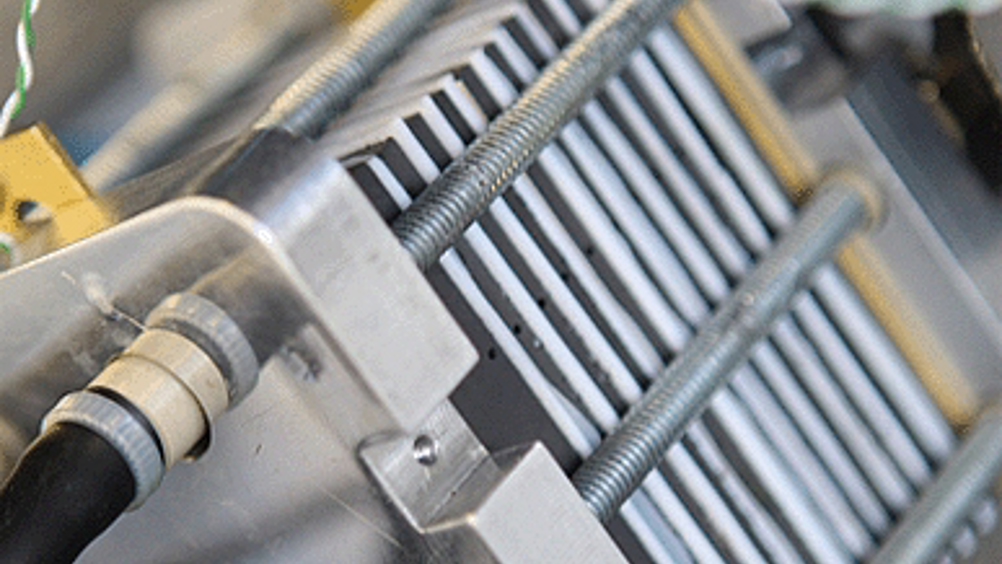Companies receive funding to develop fuel-cell technologies
The Carbon Trust has awarded fuel-cell companies £2m as part of plans to bring down the cost of zero-emission technologies.

Sheffield-based ITM Power and Runcorn-based ACAL Energy were confirmed as the winning bidders for the Carbon Trust’s Polymer Fuel Cells Challenge (PFCC), which aims to take new fuel-cell technologies to market.
Ben Graziano, the Carbon Trust’s technology commercialisation manager, said the funding announced this week is being awarded to develop the two technologies independently. He explained further that the funding was being allocated through the Department of Energy and Climate Change.
Leading fuel cells currently on the market can only deliver energy at a cost of around $50 (£32) per kilowatt.
The Carbon Trust has invested £1.1m in ITM Power’s membrane technology, which has the potential to bring costs down to $35/kW.
The funding will be used over 18 months to further develop and scale up ITM Power’s membrane technology for use in automotive applications.
Register now to continue reading
Thanks for visiting The Engineer. You’ve now reached your monthly limit of news stories. Register for free to unlock unlimited access to all of our news coverage, as well as premium content including opinion, in-depth features and special reports.
Benefits of registering
-
In-depth insights and coverage of key emerging trends
-
Unrestricted access to special reports throughout the year
-
Daily technology news delivered straight to your inbox










Water Sector Talent Exodus Could Cripple The Sector
Maybe if things are essential for the running of a country and we want to pay a fair price we should be running these utilities on a not for profit...